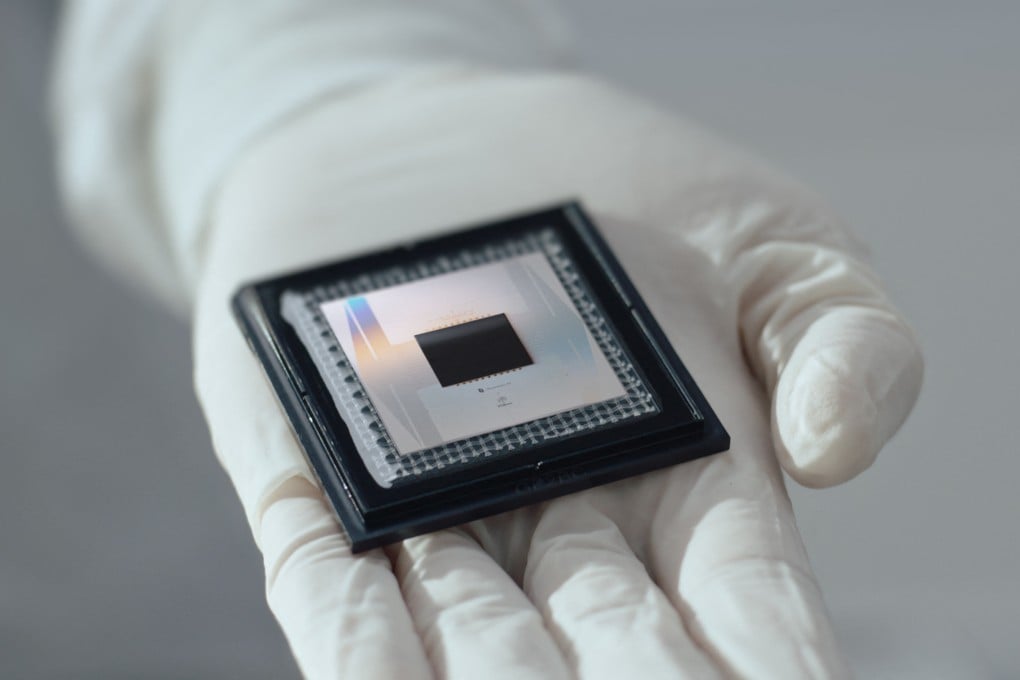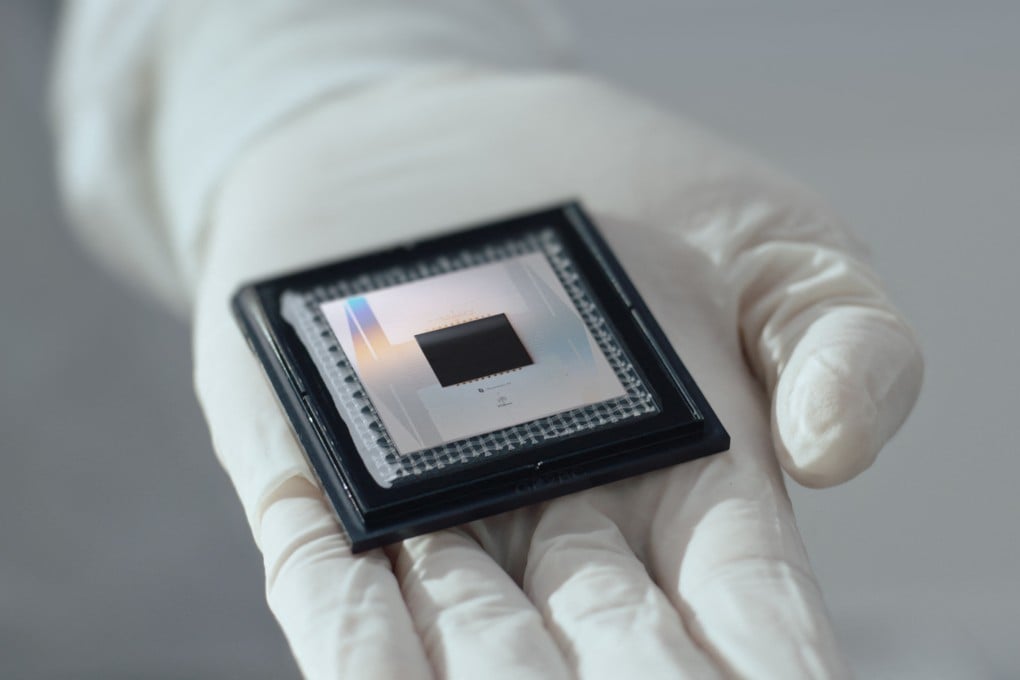Trump Administration’s Shift in AI Chip Rules Raises Questions About China Trade Talks
The recent decision by Washington to revoke Biden-era rules governing access to artificial-intelligence chips has sparked debate among analysts. They argue that this move doesn’t signal an easing of US curbs on China’s technological development but rather a more targeted approach in the race for tech supremacy.

According to experts, this shift could add uncertainties to the ongoing trade talks between the world’s two largest economies, which had agreed to roll back large-scale tariffs for 90 days earlier this month. The new guidance from the Trump administration prohibits the use of advanced Chinese chips, representing a more tactical use of trade tools and targeted controls.
Joanne Lin, a senior fellow at ISEAS – Yusof Ishak Institute in Singapore, noted that “Trump’s approach is more tactical, using trade tools and targeted controls rather than sweeping category-wide restrictions.” She added that Beijing views such curbs as an existential challenge to its long-term development goals.
The US Bureau of Industry and Security (BIS) announced last week that it had rescinded the AI Diffusion Rule, originally laid out by the Biden administration just before it was set to take effect. Instead of broad restrictions, Washington is now focusing specifically on China by issuing advisories that declare the use of Chinese chips a violation of US export-control rules.
Alfredo Montufar-Helu of The Conference Board observed that “clearly, both sides have policy priorities that collide with each other,” highlighting the complexities in the US-China tech supremacy battle and its implications for trade negotiations.


